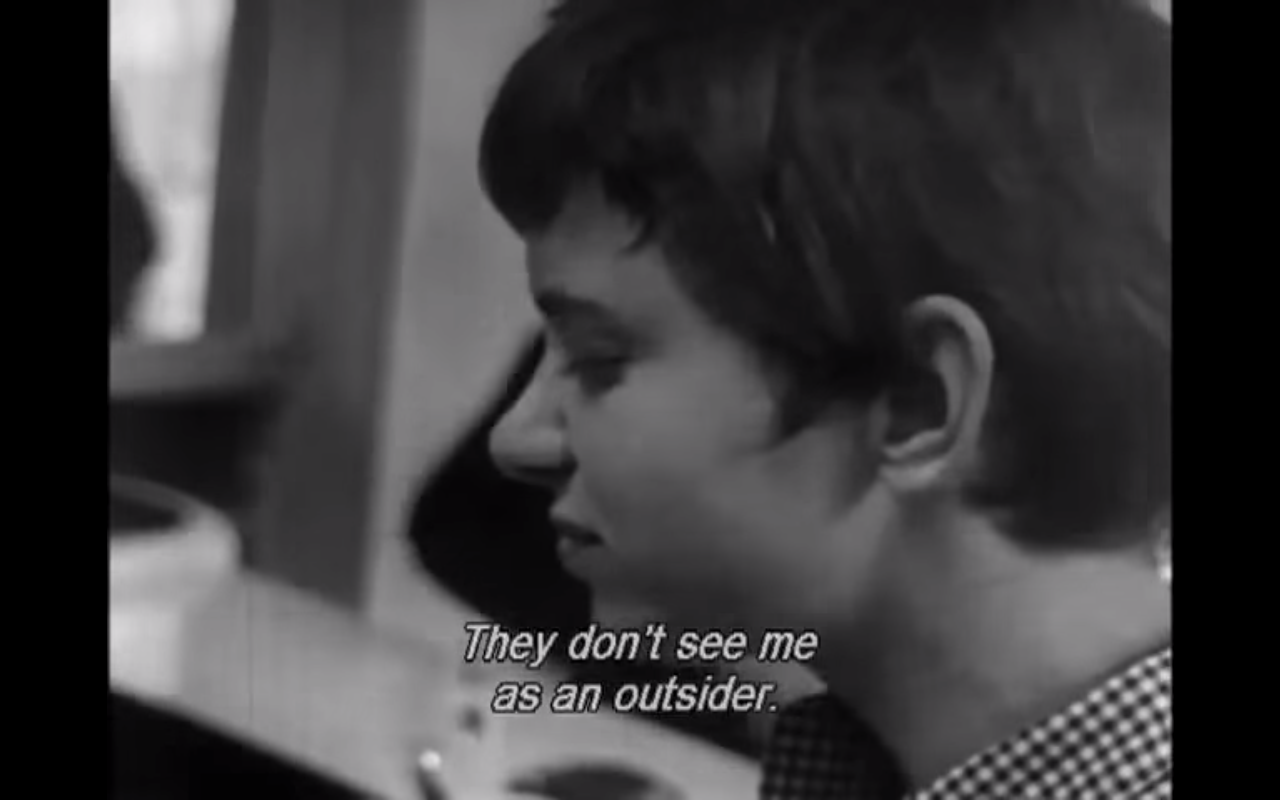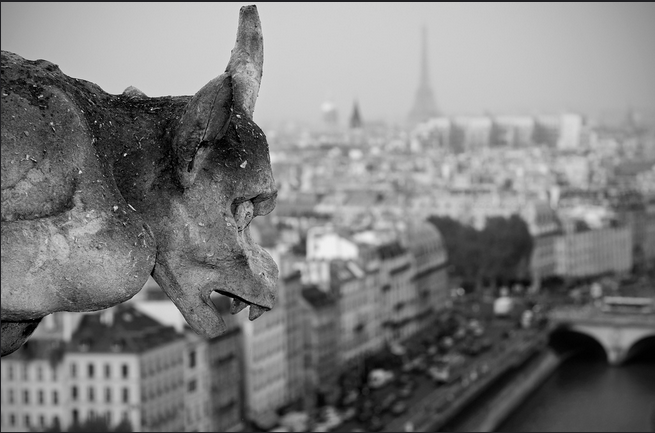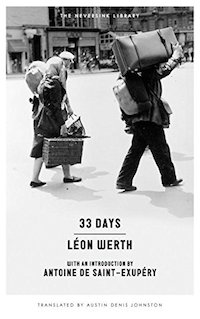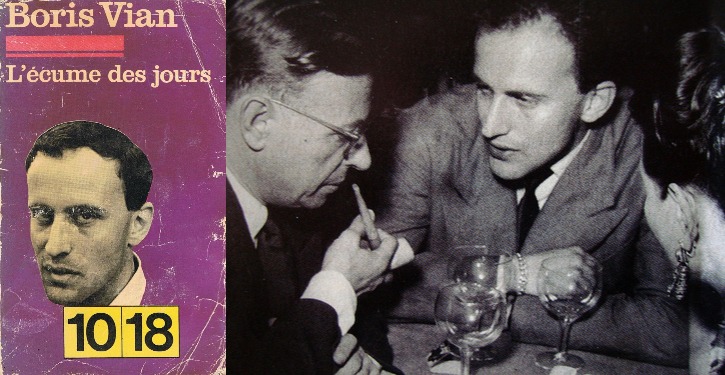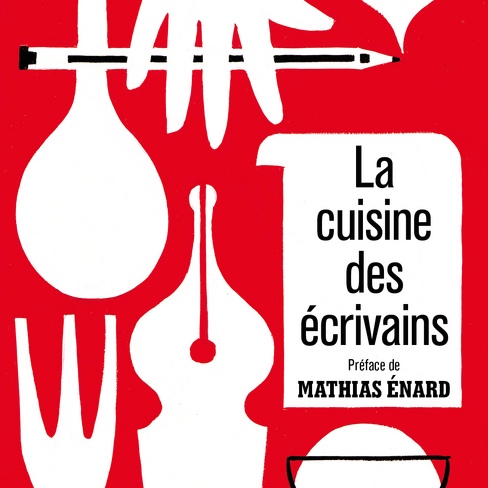Black Friday is not only a chaotic holiday for shoppers, but it is also an extremely exciting time for those in the media to represent the spectacle of this chaos to the public. The public then consumes this content at face-value, continuing the chaos online and in their homes. In light of Black Friday’s “festivities,” Guy Debord’s Society of Spectacle shone out to me as a great way to explain it. It’s not really a phenomenon, but an obsession in a society that perhaps values the commodity more than other areas. This personal essay explores the parallels I have seen between Black Friday and Guy Debord’s writing.
All citations are from Guy Debord in his work La Société du spectacle (Paris: Buchet-Chastel, 1967). Translated by Donald Nicholson-Smith (New York: Zone Books, 1994).
***
“The world the spectacle holds up to view is at once here and elsewhere; it is the world of the commodity ruling over all lived experience. The commodity world is thus shown as it really is, for its logic is one with men’s estrangement from one another and from the sum total of what they produce.”
I’m a Search Engine Optimization Specialist in French and in English for a marketing company in Detroit. I like to say that I fix the Internet for a living, while getting to implement my French Literature degree. The reality is that I put the right words in the right places, and if the search engine algorithms take kindly to them, these words will rank better on Google. I describe it to my college advisor as, “writing French and English prose poems about the Chevrolet Silverado.”
I celebrate my anniversary at the company in November. My manager congratulates me. She was worried I wouldn’t make it this long, away from my family and friends in New York, in a field that isn’t as creative as one might hope. (Conversations with my manager include, “No Allegra, you can’t say that the Chevrolet Malibu is ‘making waves in Ottawa.’ I don’t think Canadians even know what Malibu Beach is.”) READ MORE…



